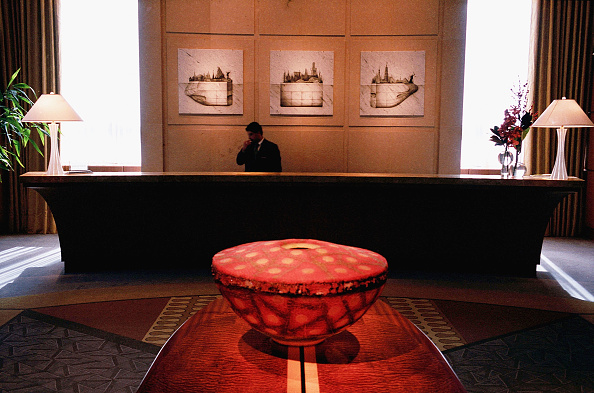While employment levels in the leisure and hospitality industry have improved since spring 2023 – with December 2023 being the best month since February 2020 – 67% of hotels still find themselves understaffed, according to recent data from the American Hotel & Lodging Association.
Data released last month by the Bureau of Labor Statistics (BLS) indicates the country has more open jobs than unemployed workers, which is just one of several factors affecting staffing levels at hotels.
Jan Freitag, CoStar Group’s national director of hospitality, notes that though growth expectations for revenue per available room are positive, hoteliers are worried about increased expenses. “Labor costs are a significant driver of overall expenses and the lack of workers in the industry continues to drive wages up. Even though the BLS data shows a return to pre-pandemic employment numbers, the industry has grown room count by over 3% since 2020 and so we remain understaffed.”
Further complicating the situation is that hotel employees reconsidered their career paths after roughly 70% of them were laid off in the wake of the pandemic. Workers cited stressful work environments, a lack of flexibility, limited room for growth and a lack of recognition.
Priorities
So, what are hoteliers doing to improve the situation?
During a recent Americas Lodging Investment Summit panel, Aimbridge Hospitality global President Mark Tamis said that “making this an attractive industry is Mission One. Creating those opportunities for our associates is what we think about every day.” Part of Aimbridge’s efforts include improving the diversity pool.
Hotels have also been implementing strategies to address the labor shortage, including increasing wages and flexibility and offering more incentives. But they also see the need for government intervention.
AHLA President and CEO Chip Rogers cites improvement in the situation as a result but notes that “nationwide labor shortages are preventing hoteliers from filling tens of thousands of jobs, and that problem will weigh heavily on our members until Congress takes action.” The association is seeking an H-2B returning worker exemption, the expansion of H2 labor certification periods and the passage of the Asylum Seeker Work Authorization Act.
Appealing to employees
Remington Hospitality CEO Sloan Dean said during the ALIS panel that Remington is looking to address communication challenges with their staff by offering an English-as-as-second-language program, while Pat Pacious, president and CEO of Choice Hotels International, says his company is focusing partly on mental wellness support, offering more flexibility for their workers.
“A lot of our programs allow people to take their own well-being days when they feel overwhelmed or they feel family stress,” Pacious said. “We track those numbers, we share them with our associates and we encourage them to use those tools to make their lives better.”
In addition to offering competitive compensation, HelloShift recommends rewards programs to aid in motivation and retention, implementation of employee feedback and fostering collaboration and teamwork. Expectations should be fair across the board, and staffing should be at an adequate level to help workers achieve quality service and avoid burnout. Employee development is also a must.
“Regular feedback sessions and surveys can help identify individual aspirations and tailor development plans accordingly, demonstrating the organization’s commitment to employee growth and satisfaction,” HelloShift adds.
Technology and the personal touch
Technology has been instrumental in helping bridge the employment gap, but balance is necessary so guests get the personal touch they expect.
“Empowering guests through technology using mobile devices (think mobile first), kiosks, the web and push communications should continue to be a priority but with an eye towards guest-centricity, personalization and friction-free service delivery applications and processes,” said Daniel Connolly of St. John Fisher University. “It will also be important for hoteliers to consider ways to apply technology to free up staff who can be redeployed to guest-facing positions to interact directly with guests and ensure that the personal touch remains a hallmark of hospitality.”
Read more from SmartBrief:
- Q&A: Travel resurgence comes with focus on sustainability
- How to serve conference and expo business travelers
- How to serve client, supplier and stakeholder stakeholder travelers
- How to serve return-to-base business travelers
_______________________
If you enjoyed this content, you sign up for Hotel & Lodging SmartBrief, SmartBrief for the Business Traveler and SmartBrief for the Travel Professional to get travel news and trends in your inbox.
